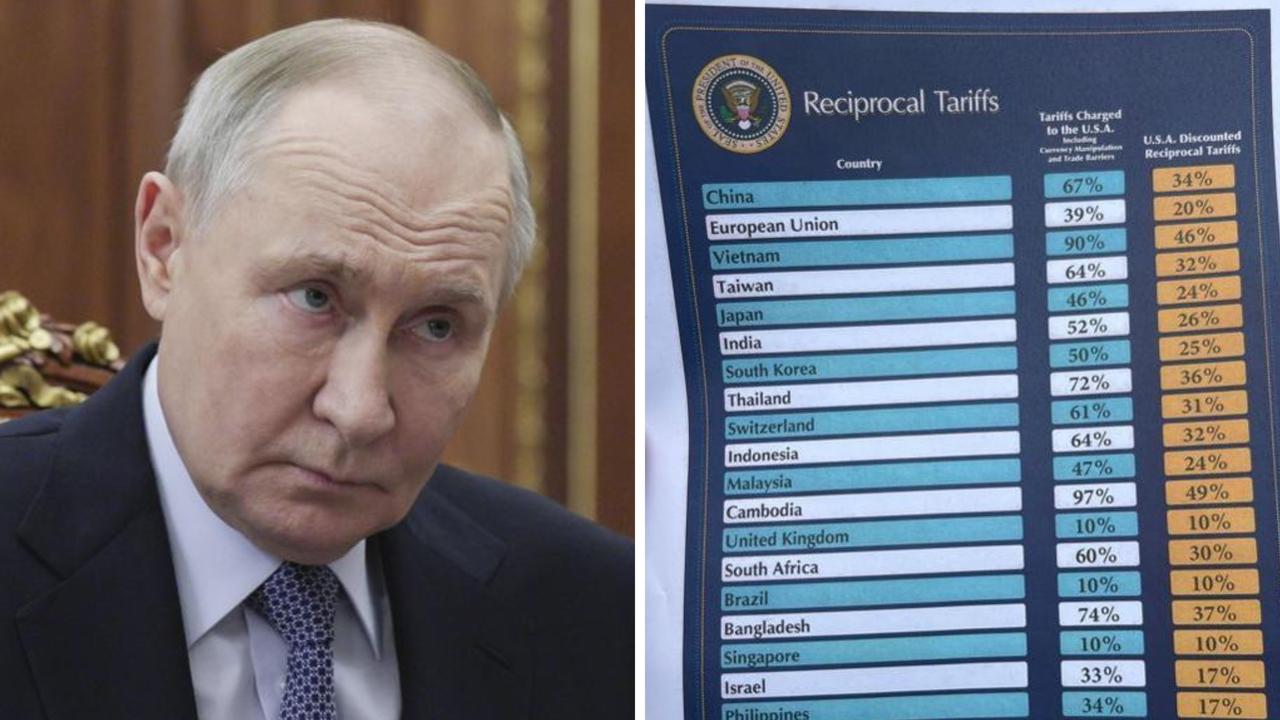This is why Turnbull shouldn’t react to the latest Newspoll results
BE careful what you wish for in our leaders. It turns out there really is no such thing as a ‘perfect’ politician.
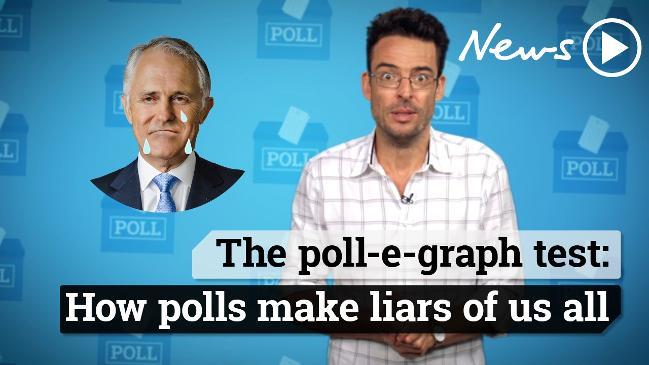
OPINION
SEVERAL years and several editors ago in the middle of the 2010 election campaign, The Daily Telegraph ran a real-world, real-time political experiment.
The idea was both simple and brilliant: It would create the perfect politician.
The political climate at the time was confused, bitter and fraught. Indeed the landscape itself was still reverberating after the first ever knifing of a first-term prime minister in modern Australian history. Julia Gillard was running for a first — or was it a second? — term on the corpse of Kevin Rudd, while Tony Abbott had just ruthlessly decapitated Malcolm Turnbull after a violent Coalition revolt over climate change policy and was running harder than any opposition leader since Malcolm Fraser blocked supply in 1975.
Amid all this existential uncertainty, the torching of core policies and the tearing up of political conventions, the newspaper decided to run a candidate who was completely incorruptible and incapable of breaking a promise. A candidate who would do, without fear or favour, whatever the voters wanted.
And how do I know all this? Because I was the one chosen to run him.
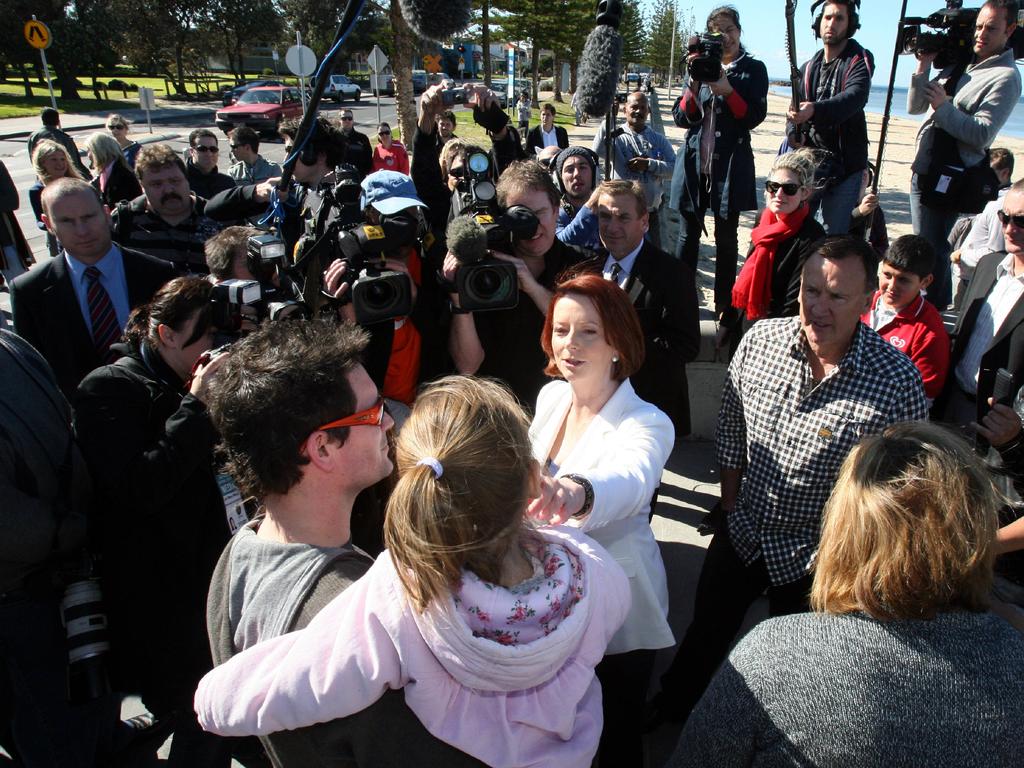
First, we hired an actor. One who was as bland and beige as one could imagine, a middle-class, middle-aged, white male who was neither handsome nor ugly.
Moreover, one who was completely uninvolved in politics and unrecognisable to the general public. I could tell you his name but you wouldn’t know it.
Then we ran a series of polls on various issues asking voters what they believed, as well as responses to problems that emerged and qualities they wanted in a political leader. We collated all the results and these became his policies, his strategies and his attributes.
At the end of this we had the perfect people’s politician, the ultimate voice of the voters. There was just one small problem: He was also completely schizophrenic.
Almost immediately it became clear that there was no way our creation, this Frankenstein to my Frank N. Furter, could even function as a human being, let alone run a country.
For one thing, any policy that required anything more complex than a yes/no answer — ie virtually all policies — left him carved up like a Christmas turkey. For example, on asylum seekers a quarter of him might be in favour of releasing them into the community, a quarter of him in favour of processing them here, a quarter of him in favour of detaining them offshore and a quarter of him in favour of turning back the boats.
Thus on one issue alone he could end up holding four different positions simultaneously, each of which was contradictory to the other three. Imagine the responses to economic policy, trade tariffs, carbon pricing, federal-state health administration, public-private education funding formulas …
We hadn’t created the ultimate perfect politician, we’d created the ultimate poll-driven politician.
And yet there was one more twist. Because as the campaign wore on and both Liberal and Labor backflipped and sidestepped and argued against policies they themselves once advocated, it became clear that we had actually created the perfect politician after all.
Our flip-flopping, poll-obsessed, nonsensical candidate was indeed the ultimate representation of everything politics had become. Our experiment had produced something far more true than even we had imagined. And it was truly terrible to behold.
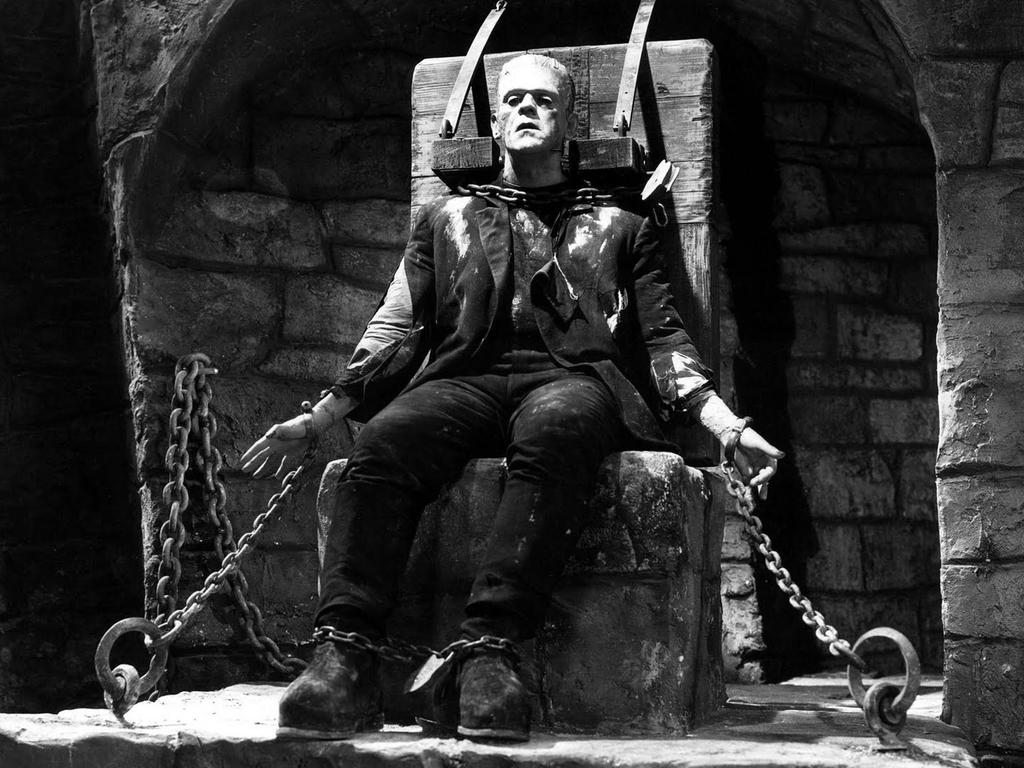
All politicians watch polls like a junkie watches a needle in a spoon but only the bad politicians follow them. The good ones shape them.
Unless we are to go completely down the road of a “post-truth world”, where even the most basic facts become matters of opinion, it stands to reason that there are some things that are beyond contention: The sky is blue, the sea is green and the sun rises in the morning and sets at night.
Likewise there are some things that are clearly in the national interest and some things that are not, and virtually every Australian government of either persuasion has always understood this. The act of governing itself is a moderating force, which is why both major parties tend to veer to their vocal fringes in opposition and then gravitate to the sensible centre once in power.
The great unspoken truth in all liberal democracies is that they cannot afford to be too democratic. If you outsource every major decision to the will of the people then democracy descends into chaos — and, indeed, that is precisely what is happening right now across the West.
And the sad truth is it happened here first, when Kevin Rudd abandoned “the great moral challenge of our generation”, then the Labor Party abandoned Kevin Rudd, then Wayne Swan abandoned the mining tax he created, then Julia Gillard put climate change to a “citizen’s assembly” which never sat because it was replaced by a carbon tax she promised not to introduce.
And this whole catastrophic trainwreck of public policy disasters began because the ALP caucus was spooked by a single Newspoll in which Labor fell to 49 per cent — a figure the Coalition would kill for now and which the head of Newspoll at the time described as a “rogue poll”. And, sure enough, Labor was sitting back on 52 per cent a month later — the very week they killed Kevin. You b**tards!
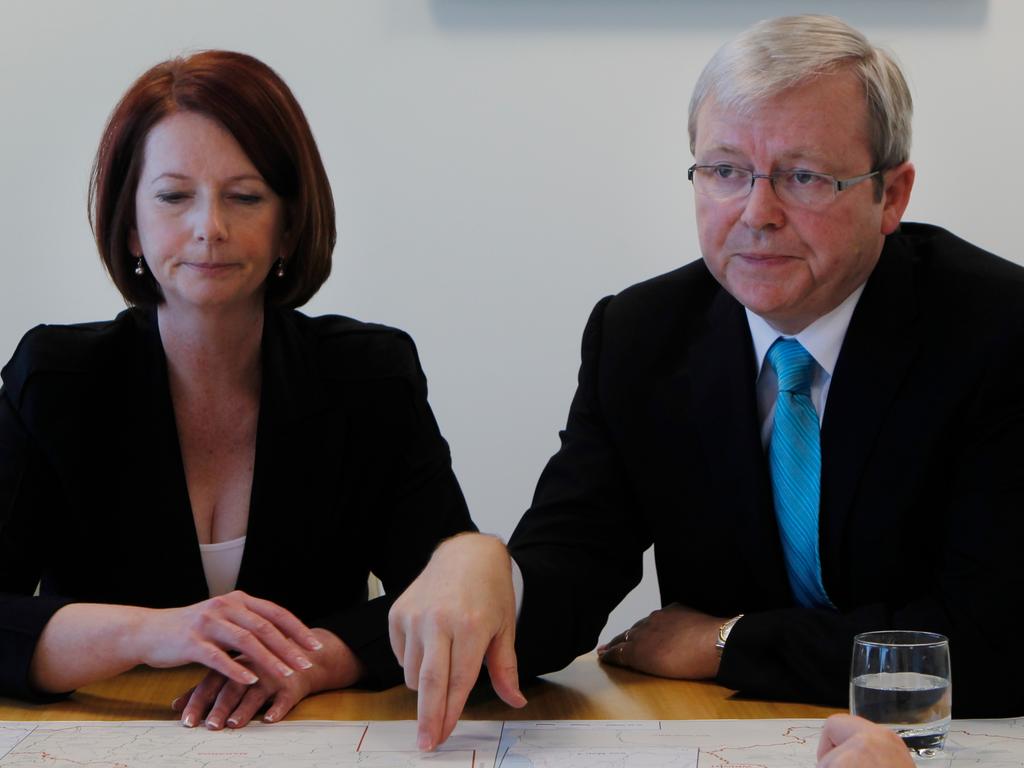
Thus began the violation of another once-inviolable convention in Australian politics, namely that politicians must never publicly respond to either good polls or bad ones. Hence why every politician is drilled with fascistic precision to recite the word-perfect cliche: “The only poll that matters is the one on election day.”
This is because the minute any politician points to a poll as a reason for doing anything they immediately do themselves out of a job. If all we needed were opinion polls to decide how to run the country then we wouldn’t need politicians at all. We could just send the results to departmental policy makers and have them make it so.
The problem is that there is no way they could.
Firstly, there is no single “will of the people”. Even in a majority vote there are a whole range of views reluctantly shoe-horned into one of the two major parties and as I and many others have warned, that duopoly is splintering into a messy three-way contest in which soon neither party will likely be able to command a majority — something resembling one-third Coalition, one-third Labor and one-third random angry others.
Secondly, people change their minds. Even on hugely fundamental issues of national sovereignty, such as asylum seeker policy, the response to climate change and republicanism, public opinion has shifted seismically as the national mood has changed — and just as seismically back again.
Thirdly, even within a single individual at a single point in time there are multiple conflicting points of view that cannot possibly be reconciled. For example, ask most people about health and education and they’ll say more money should be spent on it. Ask them if they would like to pay more tax and they’ll say no way. In fact perhaps the closest thing to a consensus in polling is that everyone says they pay too much tax and everyone else pays too little.
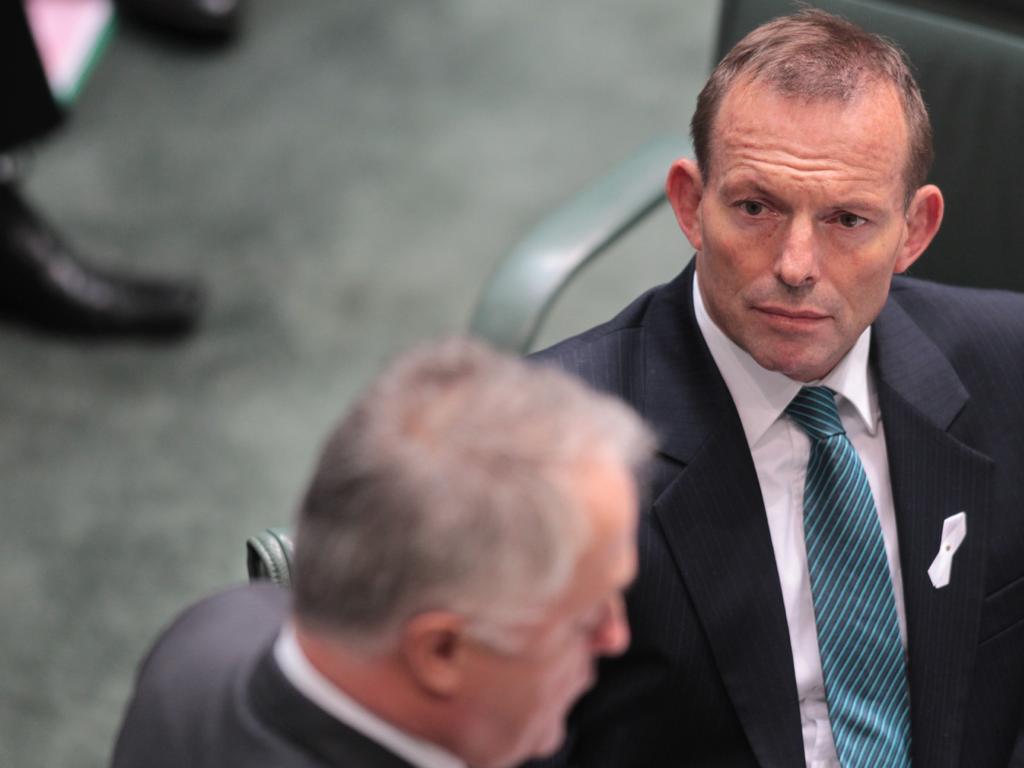
But polls are still very important. It’s just that very few people know how to read them, let alone run them.
The first thing is that it’s not the answers that matter, it’s the questions. I once went to a little talk with a pollster who worked on Bill Clinton’s presidential campaign. The Democrats were worried about their standing on economic issues. Poll after poll showed that when voters were asked who was best to handle the economy the overwhelming majority replied Republican.
But when those same voters were asked “Who do you trust to best handle the economy for working families?” suddenly the Democrats got a 15 per cent bounce. When voters thought about the economy in the abstract they thought the Republicans were better at handling it but when they thought about how it affected them, suddenly everything changed.
Clinton went out and told voters “It’s the economy, stupid!” — a strategy regarded at the time as crazy-brave for a left-of-centre party. He went on to become leader of the free world for eight years.
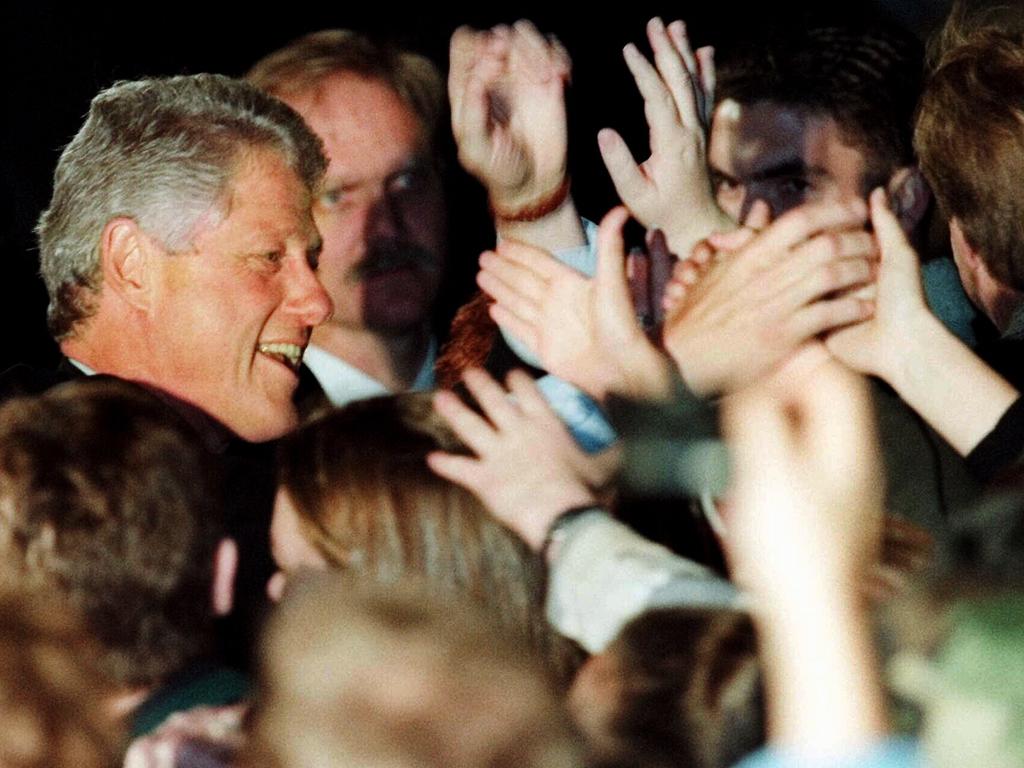
The lesson is clear: It is not the job of a leader to decide what is right based on what people believe, but to figure out what is right and then persuade people to believe it.
If politicians run around trying to react to public sentiment rather than shaping it, they will only consign themselves to doom. This is not just an abstract theory, nor a newspaper experiment. This is an experiment which has been conducted over and over again right here in Australia with real people in the real world, and using our national government as a lab rat.
Indeed, if we’re going to be scientific let us turn to some words of wisdom often misattributed to Albert Einstein: “Insanity is repeating the same mistakes and expecting different results.”
In fact, they come from a 1981 pamphlet from Narcotics Anonymous. And any politician hooked on the polls should check themselves in for some rehab.



